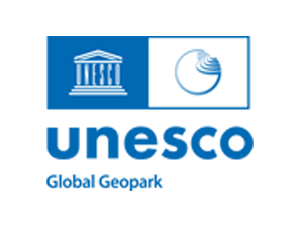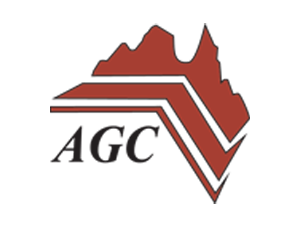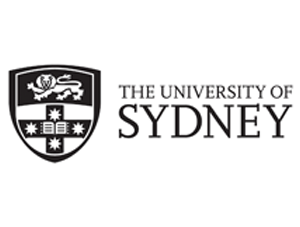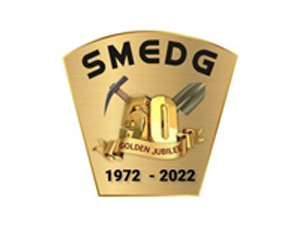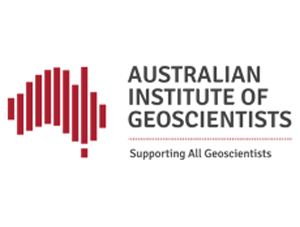Geoparks
UNESCO Global Geoparks are single, unified geographical areas where sites and landscapes of international geological significance are managed in a holistic concept blending protection, education, and sustainable development. UNESCO Global Geoparks apply a bottom-up approach, combining conservation with sustainable development with the involvement of local communities. There are currently 195 UNESCO Global Geoparks located in 48 countries.
UNESCO appreciates that each Nation State can develop its own procedures for assessing geopark proposals. In the case of Australia, the concept of establishing a GeoRegion as a strategy is only a first step for geopark proponents (e.g., regional development authorities, local government agencies, community groups, natural or cultural heritage interest groups, and, as appropriate, primary industry interest groups)to use, and is of local Australian domestic relevance only, and would fall away if a GeoRegion project supported by the relevant State/Territory Government evolves into a geopark nomination. Australian government geoscience agencies now accept the concept of GeoRegions as an essential exploratory step for proposed geopark development with approved guidelines for their establishment https://bit.ly/47Nappn.
GEOTOURISM
In Australia, we have embraced the inclusive nature of the geotourism concept and have understood the inter-relationship between natural and cultural heritage elements. By focusing on the geology and geomorphology (i.e., physical geography) as well as the ecology and culture arising from these geological characteristics, it is believed in Australia that geotourism adds considerable content value to traditional nature-based tourism as well as to cultural tourism, inclusive of Aboriginal tourism, thus completing the holistic embrace of ‘A’ (abiotic – climate, sky, landscape, and geology) plus ‘B’ (biotic – flora and fauna) plus ‘C’ (cultural) aspects.
In April 2021, the Australian Geoscience Council Inc (AGC) launched the National Geotourism Strategy with one of its seven strategic goals aimed at strengthening Australia’s international geoscience standing through geotourism excellence. In response to this imperative, a MOU between AGC and the Indonesian Geoparks Network (IGN) was executed in May 2023. The IGN is a geopark network in Indonesia comprising 10 UNESCO global geoparks and more than 10 national geoparks. The GeoFestival and International Geotourism Conference (GFIGC) is a major annual event of the IGN that aims at sharing ideas and experiences in the promotion, exchanges and research of all the geoparks in Indonesia, and building a stronger and more effective network to support sustainable development in local communities The GFIGC in 2024 has been confirmed to be held in Ijen in the West Java and Rijani-Lombok UNESCO Global Geoparks in Indonesia, and with a third event, the GEOFEST 2024 SYDNEY WORKSHOP, to be held at The University of Sydney on 18 July 2024.
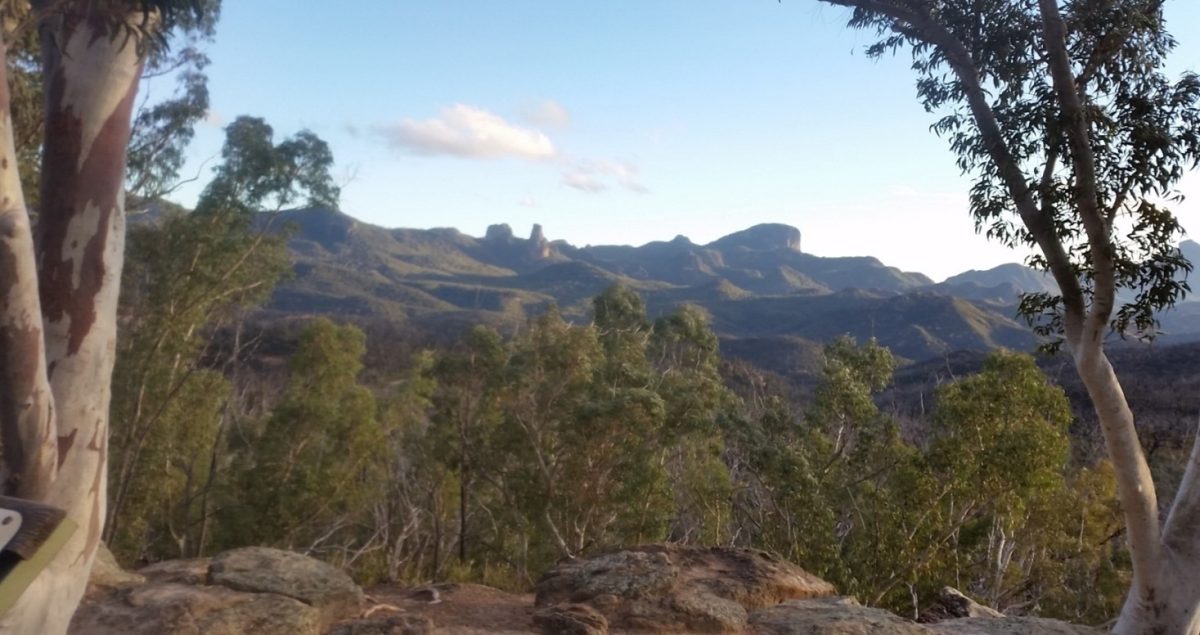
THEME & OBJECTIVES
The theme of the GEOFEST 2024 Sydney Workshop is volcanic geotourism which will focus on sustainable geotourism in volcanic areas (both active in Indonesia and dormant in Australia), with special emphasis on how geotourism in these areas could contribute to a better understanding and interpretation of their volcanic geological heritage sites, promoting environmental conservation, and fostering sustainable social and economic development and employment, including new job opportunities for geoscientists.
10 eminent specialist speakers sourced from both countries and New Zealand have been invited to address the workshop.
The event activities will also include a selection of geotours in the Sydney area on Friday 19th July, as well as the opportunity to attend an affiliated workshop organised by Wildlife Tourism Australia on Saturday July 20th.
It is expected that this event will serve to build closer ties for Australian geopark enthusiasts with the established members of the IGN and the Waitaki Whitestone UNESCO Global Geopark in New Zealand.
HOSTS
The Australian Geoscience Council, the Indonesian Geoparks Network, and The University of Sydney are hosting this event.
Co-hosts and major sponsors are the Sydney Minerals Exploration Discussion Group (SMEDG ), The AusIMM (including the Geoscience Society and the Sydney Branch), and the Australian Institute of Geoscientists (AIG).

